What Air Conditioning Does to Your Body


Affects Indoor Air
If you work in an air-conditioned building with poor ventilation, it can raise your risk of “sick building syndrome.” Symptoms include headaches, dry cough, dizziness and nausea, trouble concentrating, fatigue, and sensitivity to odors. Forced indoor air may also slightly raise your risk of COVID-19. But the CDC says the risk is small. Lower it even more with regular filter changes, opening windows, and covering coughs and sneezes.

Dehydrates You
Air conditioners suck moisture out of a room to bring down the humidity and cool it off. This can pull water from your skin, drying it -- and you -- out.
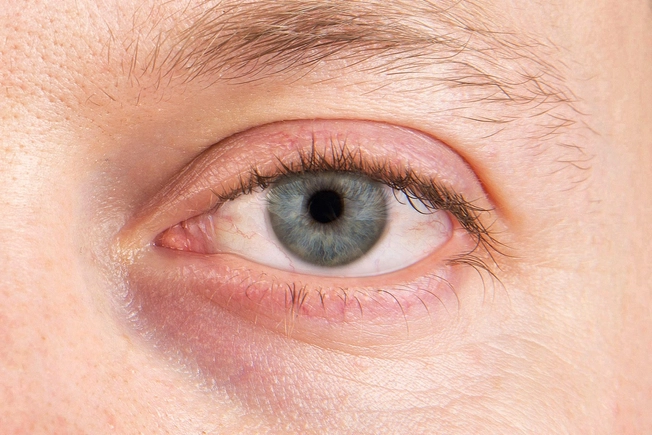
Dries Out Eyes
The lack of humidity in air-conditioned spaces can dry your eyes. This can make them irritated and itchy and may even make your vision blurry.
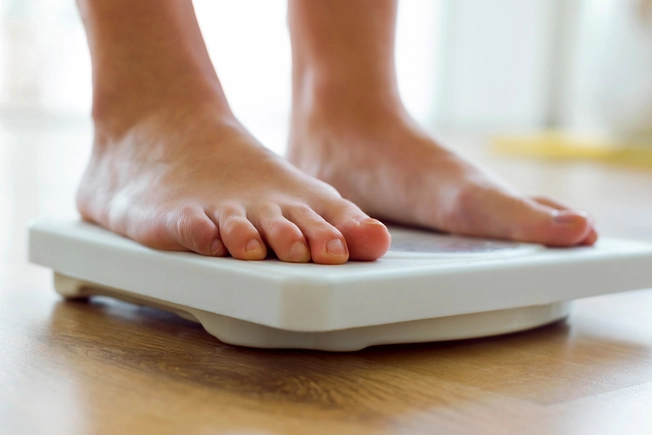
Boosts Metabolism
Studies show more time in cold weather may help you lose weight. Your body may develop a greater amount of healthy, energy-burning “brown fat” as it deals with more frigid air. Air conditioning in hot weather can help keep you in a cool state, but you’ll also have to lower your indoor temps in the winter to see a real benefit.

Helps You Think
A 2018 Harvard study showed that students who lived in dorms without A/C during hot summer months did worse on cognitive tests than those who had cool central air.
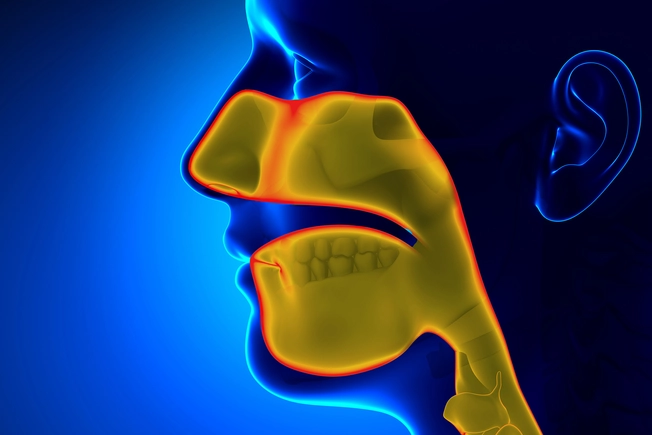
Irritates Airways
Studies show that people who work in air-conditioned buildings have more respiratory problems (irritated nasal passages, trouble breathing) than people who work in buildings with natural ventilation.
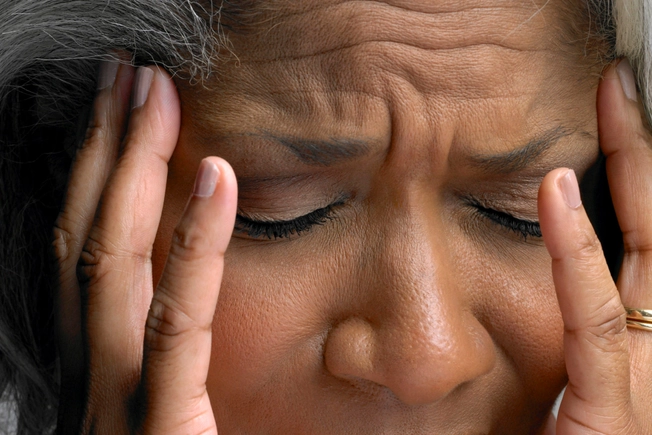
Can Make Your Head Ache
If you spend time in indoor spaces with HVAC systems that are dirty or not well-maintained, you’re more likely to have headaches or even migraines. In one study, 8% of people who work in unhealthy indoor air environments had headaches 1-3 days a month, and 8% had daily headaches.

Lowers Your Heat Tolerance
Scientists have coined the term “adaptive comfort model” to describe why spending more time in air conditioning makes it harder to deal with hot temperatures. Your ideal temperature depends in part on whatever temperature you’ve recently been exposed to. The more you hang out in spaces pumped full of A/C, the less comfortable heat and humidity will feel.

Pollutes the Outside Air
Older A/C units can release CFCs (chlorofluorocarbons). This is a refrigerant that can harm the ozone layer, heating up the Earth. The U.S. Clean Air Act began phasing these coolants out in the '90s, but there are still many in use across the globe.
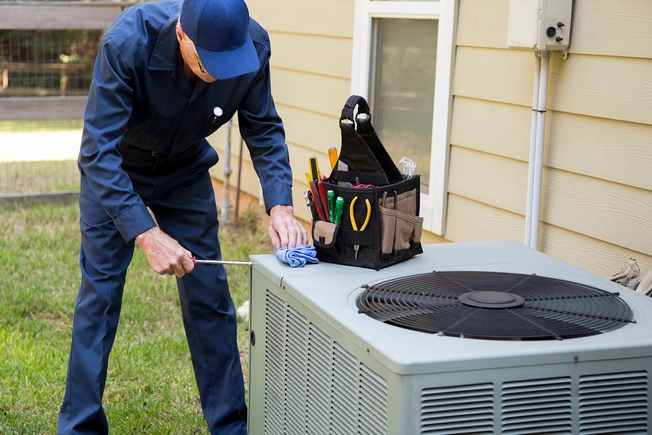
Ramps Up Allergies
If you keep your A/C clean, it can help tame allergies. But an HVAC system can quickly become a home for microbial allergens. Be sure you have your system inspected regularly and keep it well-maintained so you don’t add to your allergy issues.
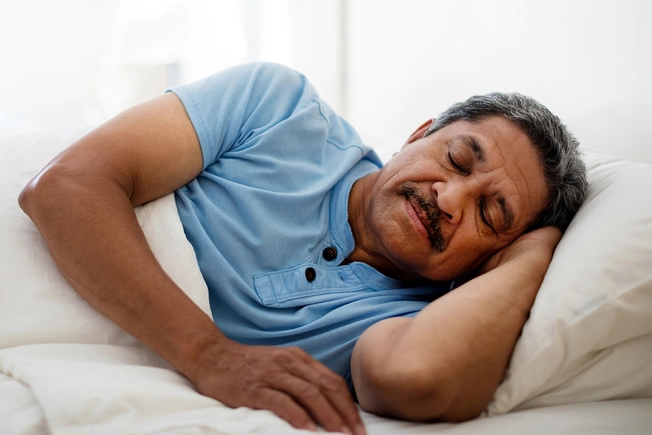
Helps You Sleep
Experts say sleeping in a room that’s between 60-67 degrees is ideal for the best rest. This is because your body cools down as part of a natural sleep cycle, so a cool room helps that happen. Sometimes A/C is the tool you need to get your sleep space to the right temp.

Saves Lives During Heatwaves
Air conditioning may come with some negative effects, but there’s no doubt it can be lifesaving when temperatures soar. Once your body temperature goes above 102 degrees, you’re at risk of heat exhaustion -- nausea, cramps, dizziness, feeling faint -- and if you continue to heat up, you could get heat stroke.
IMAGES PROVIDED BY:
1) Rowan Jordan / Getty Images
2) RealPeopleGroup / Getty Images
3) alex_ugalek / Thinkstock
4) nensuria / Thinkstock
5) FatCamera / Getty Images
6) decade3d / Getty Images
7) Christopher Robbins / Getty Images
8) Bim / Getty Images
9) Grant Faint / Getty Images
10) LifestyleVisuals / Getty Images
11) Wavebreakmedia / Getty Images
12) Kelvin Murray / Getty Images
SOURCES:
EPA: “Indoor Air Facts No. 4 (revised): Sick Building Syndrome,” “Homeowners and Consumers: Frequently Asked Questions.”
International Journal of Epidemiology: “Commentary: Air conditioning as a risk for increased use of health services.”
CDC: “Ventilation in Buildings.”
Scientific World Journal: “The Dry Eye Disease Activity Log Study.”
Cell Press: “Exposure to cold temperatures can help boost weight loss.”
PLOS Medicine: “Reduced cognitive function during a heat wave among residents of non-air-conditioned buildings: An observational study of young adults in the summer of 2016.”
National Headache Foundation: “Poor Indoor Air Quality Leads to Migraine and Headache.”
Building Research and Information: “Adaptive comfort in an unpredictable world.”
American College of Allergy, Asthma, and Immunology: “Heating, Air-Conditioning And Carpets May Be Hazardous To Your Health.”
Cleveland Clinic: “What Is the Ideal Sleeping Temperature for My Bedroom?”
Mayo Clinic: “Heat exhaustion.”
Journal of Occupational Health: “Using urine specific gravity to evaluate the hydration status of workers working in an ultra-low humidity environment.”